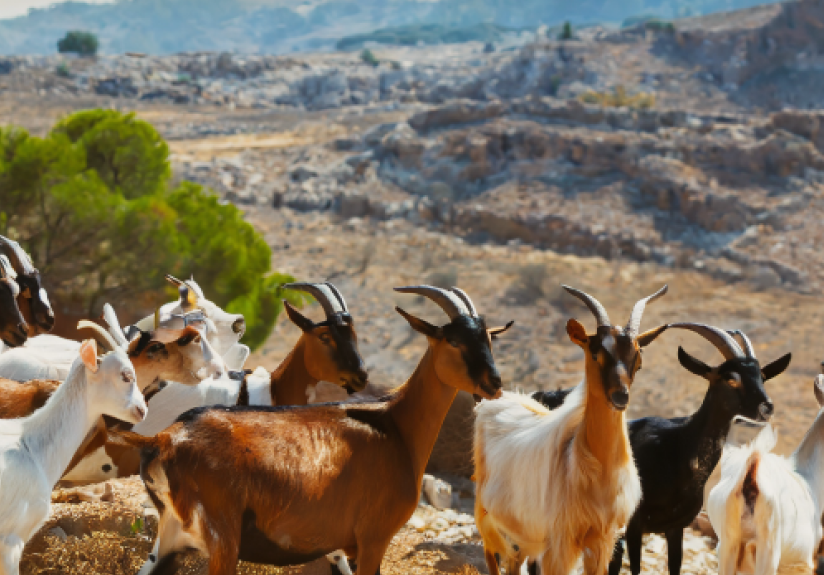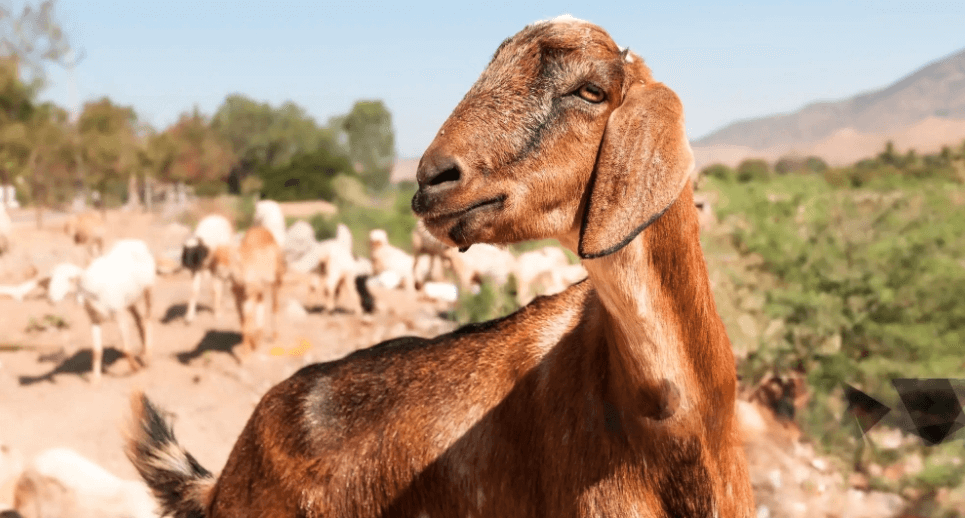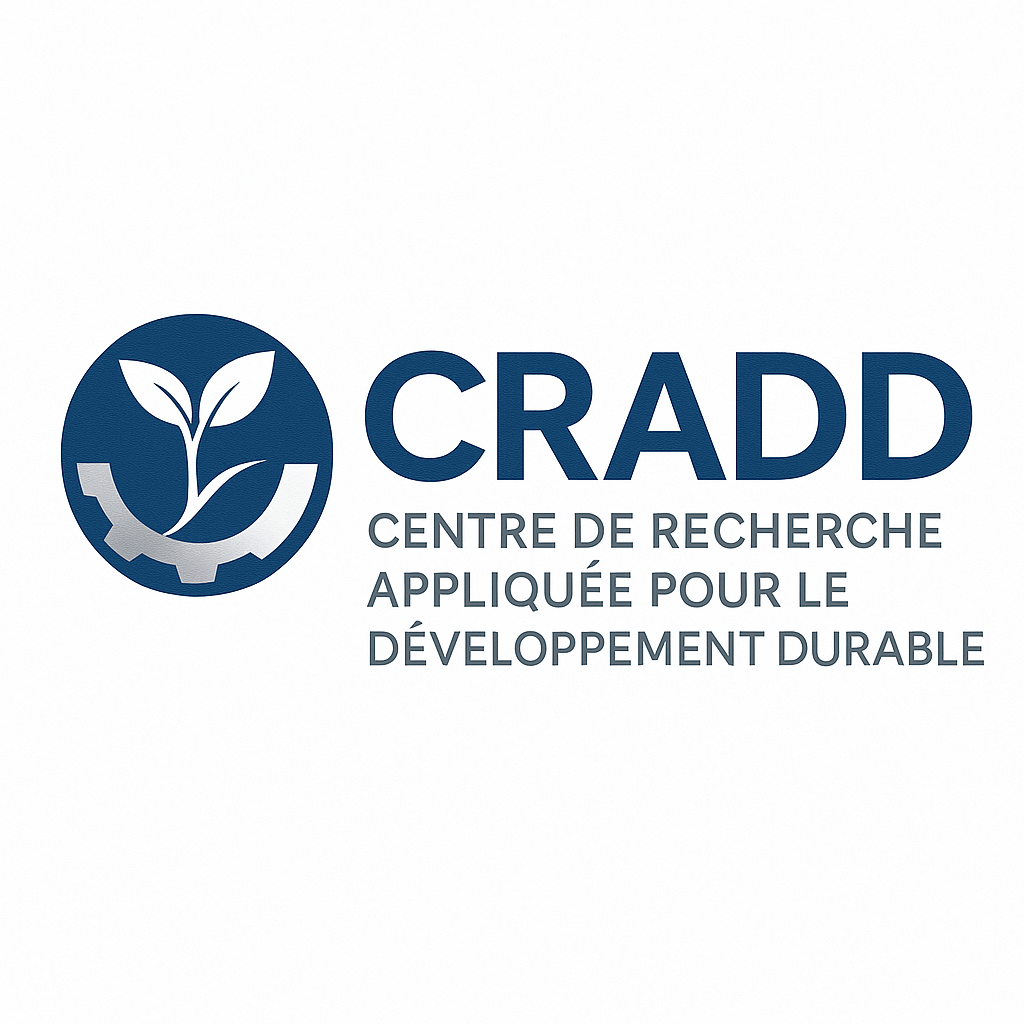Revitalizing Mediterranean Goat Farming
MEDCASE is dedicated to enhancing the sustainability and resilience of goat farming in the Mediterranean. Facing challenges like climate change, we focus on optimizing goat production using innovative, low-cost strategies. Our mission is to support rural communities, particularly in harsh environments, by promoting goat farming as a versatile, climate-resilient solution for nutritional and economic stability.














